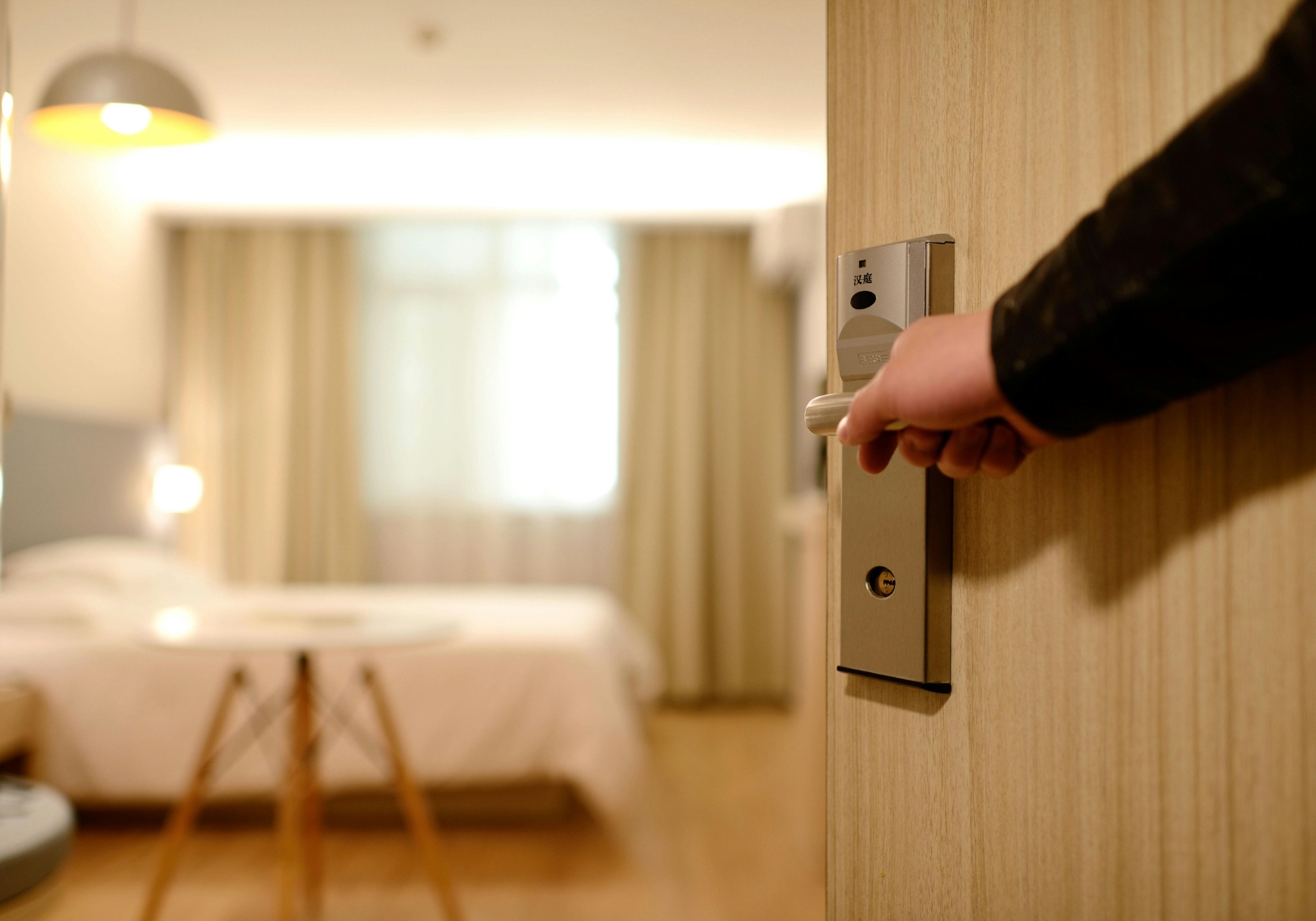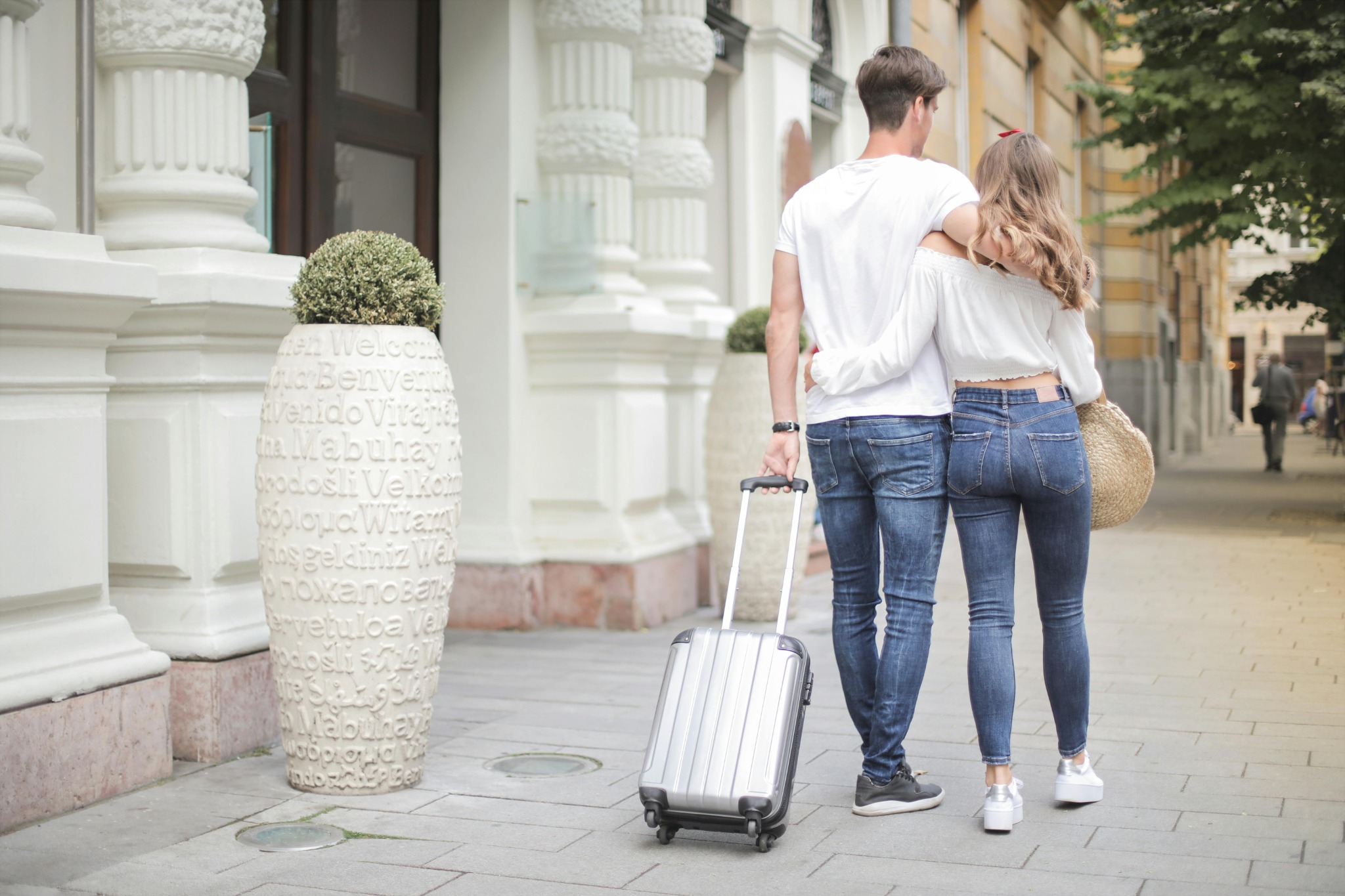Using Analytics to Optimize Your Vacation Rental Business
Analyze booking trends and pricing data to attract more guests. Optimize your vacation rental listing with data-driven strategies.

·4 min read

Discover the convenience of self-check-in for vacation rentals. Learn about popular options like lockboxes, smart locks, and key exchange services.
With the global hospitality industry moving toward automation and remote functionality, self-check-in has become a growing trend. As travelers increasingly seek convenience and flexibility, the self-check-in process is growing in demand. By removing the constraints of traditional check-in times and procedures, self-check-in provides a more relaxed and enjoyable start to any vacation.
Additionally, it supports the trend of contactless services, which has become increasingly important in a world adapting to new technological standards. But what exactly is self-check-in, and how does it work? In this article, we'll dive deeper into the contactless check-in process and how hosts can make the most of it.
Self-check-in is the process where guests receive contactless access to their booked vacation rentals without the physical presence of hosts. Picture it like a self-service option where guests enter the property at their convenience without waiting for the property manager. Once a booking is confirmed, guests receive clear instructions on accessing the rental, thus providing a seamless start to their stay.
Self-check-in comes with several perks:

There are several popular self-check-in options available, each with its own set of features and benefits. The choice depends on the specific needs of the property and the preferences of the host and guests.
A lockbox is a container designed to hold the physical key safely. It's typically mounted near the entrance and can be opened with a code. Upon booking, guests receive the code and instructions on how to use the lockbox.
Lockboxes are a cost-effective and straightforward solution for self-check-in. They don't require an internet connection or advanced technology, making them accessible for properties in remote areas. However, they rely on physical keys, which can be misplaced or copied, posing a security risk.
Smart locks are electronic devices that can be operated from a distance via smartphone apps or keypads. Guests receive a unique code or digital key to unlock the door. Some can even be programmed to create temporary codes that expire after the guest's stay, enhancing security. Smart locks offer greater convenience and security compared to lockboxes.
They eliminate the need for physical keys and allow hosts to manage access remotely. Some advanced models integrate with home automation systems, providing additional features such as monitoring who enters and leaves the property. However, smart locks require a stable internet connection and a power source, which may not be feasible in all locations.
Key exchange services act as intermediaries, holding the keys and providing guests access. These services often have secure locations or lockers in various parts of a city where guests can pick up and drop off keys. Key exchange services are ideal for hosts who prefer not to invest in new technology.
They provide a reliable and professional way to manage keys and can be particularly useful in urban areas with high guest turnover. However, they depend on the operational hours and locations of the key exchange service, which might not always align with guests' needs.

To sum up, implementing a self-check-in process for your vacation rentals can genuinely enhance the guest experience and offer both parties convenience and flexibility. By adopting procedures such as lockboxes, smart locks, or key exchange services, hosts can streamline operations and set their property apart in a competitive market.
And if you want to truly stand out from other businesses, create your own direct booking website with Houfy. Get total control of the booking process, save on commissions from third parties, and build personal connections with guests. Get started today!
Analyze booking trends and pricing data to attract more guests. Optimize your vacation rental listing with data-driven strategies.

·4 min read
Capture the beauty of each season with stunning photos that showcase your vacation rental. Attract more guests with seasonal charm and ambiance.

·4 min read
Discover the top 10 amenities guests will seek in 2025. Enhance your vacation rental with these must-have features to attract more bookings and happy guests.

·4 min read
This Houfy website uses cookies and similar tools to improve the functionality and performance of this site and Houfy services, to understand how you use Houfy services, and to provide you with tailored ads and other recommendations. Third parties may also place cookies through this website for advertising, tracking, and analytics purposes. These cookies enable us and third parties to track your Internet navigation behavior on our website and potentially off of our website. By continuing your use of this website, you consent to this use of cookies and similar technologies. Read our Cookie Policy for more information or go to Cookie Preferences to manage settings.
These cookies are necessary for the website to function and can't be switched off in our systems. They are usually only set in response to actions you have taken which result in a request for services, such as setting your privacy preferences, logging in or filling in forms. You can set your browser to block or alert you about these cookies, but some parts of the site may not work as a result.
These cookies are necessary for the website to function and can't be switched off in our systems. They are usually only set in response to actions you have taken which result in a request for services, such as setting your privacy preferences, logging in or filling in forms. You can set your browser to block or alert you about these cookies, but some parts of the site may not work as a result.
These cookies are set through our site by our advertising partners. They may be used by those companies to build a profile of your interests and show you relevant ads on other sites. They work by uniquely identifying your browser and device. If you don't allow these cookies, you will not experience our targeted advertising across different websites as a result of these cookies.